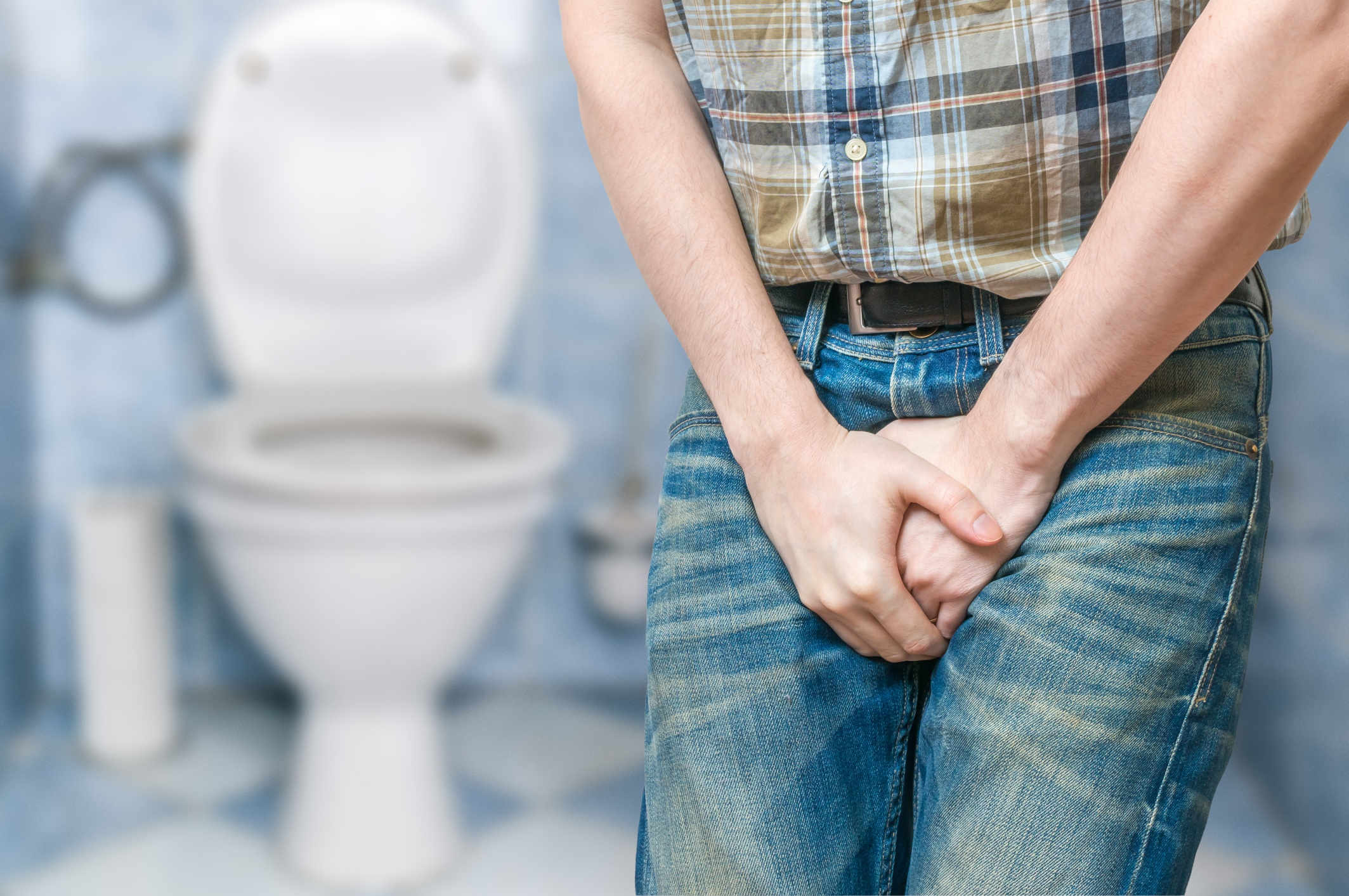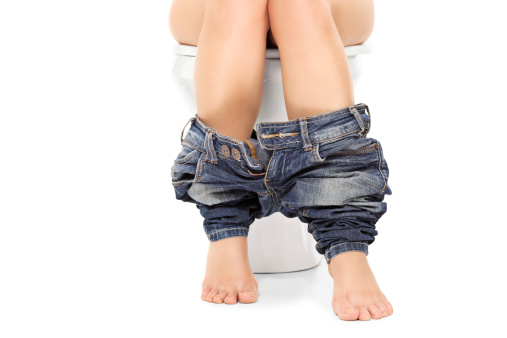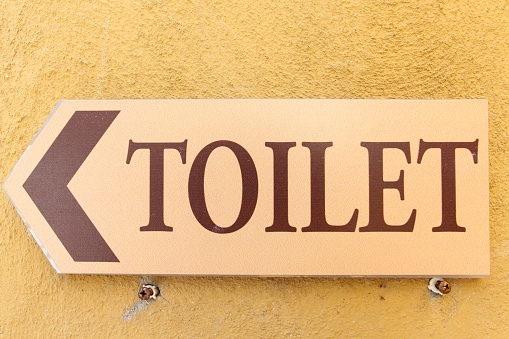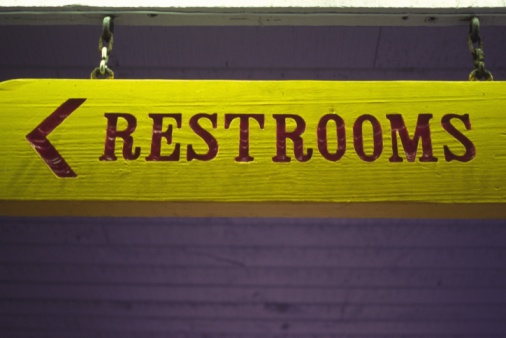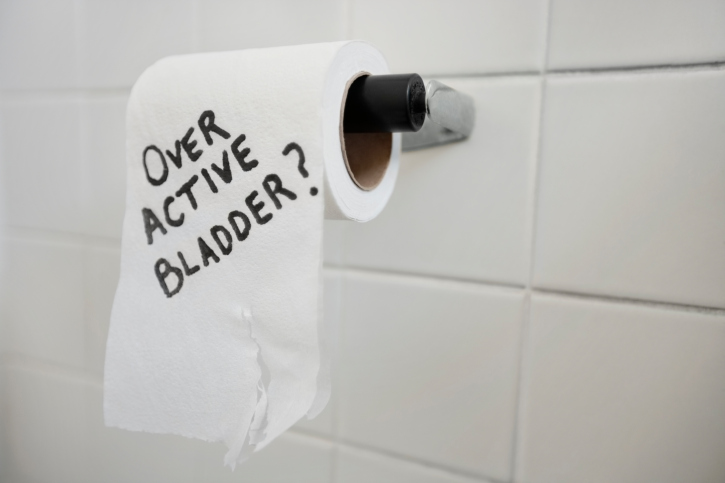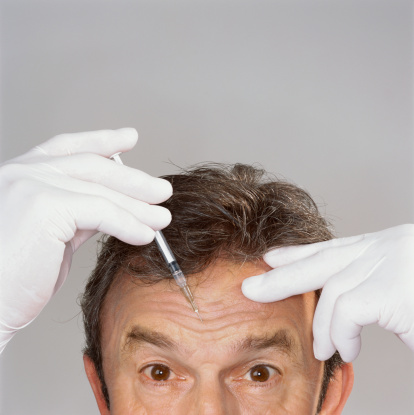Bladder problems in women after menopause, urinary tract infections, urinary incontinence, and prolapsed bladder
Bladder problems commonly occur in women after menopause and can include urinary tract infections, urinary incontinence, and prolapsed bladder. There are many reasons why bladder problems are more predominant after menopause, including a reduction in estrogen levels, along with the consequences of pregnancy and giving birth. Being aware of bladder problems can make you more ...click here to read more






